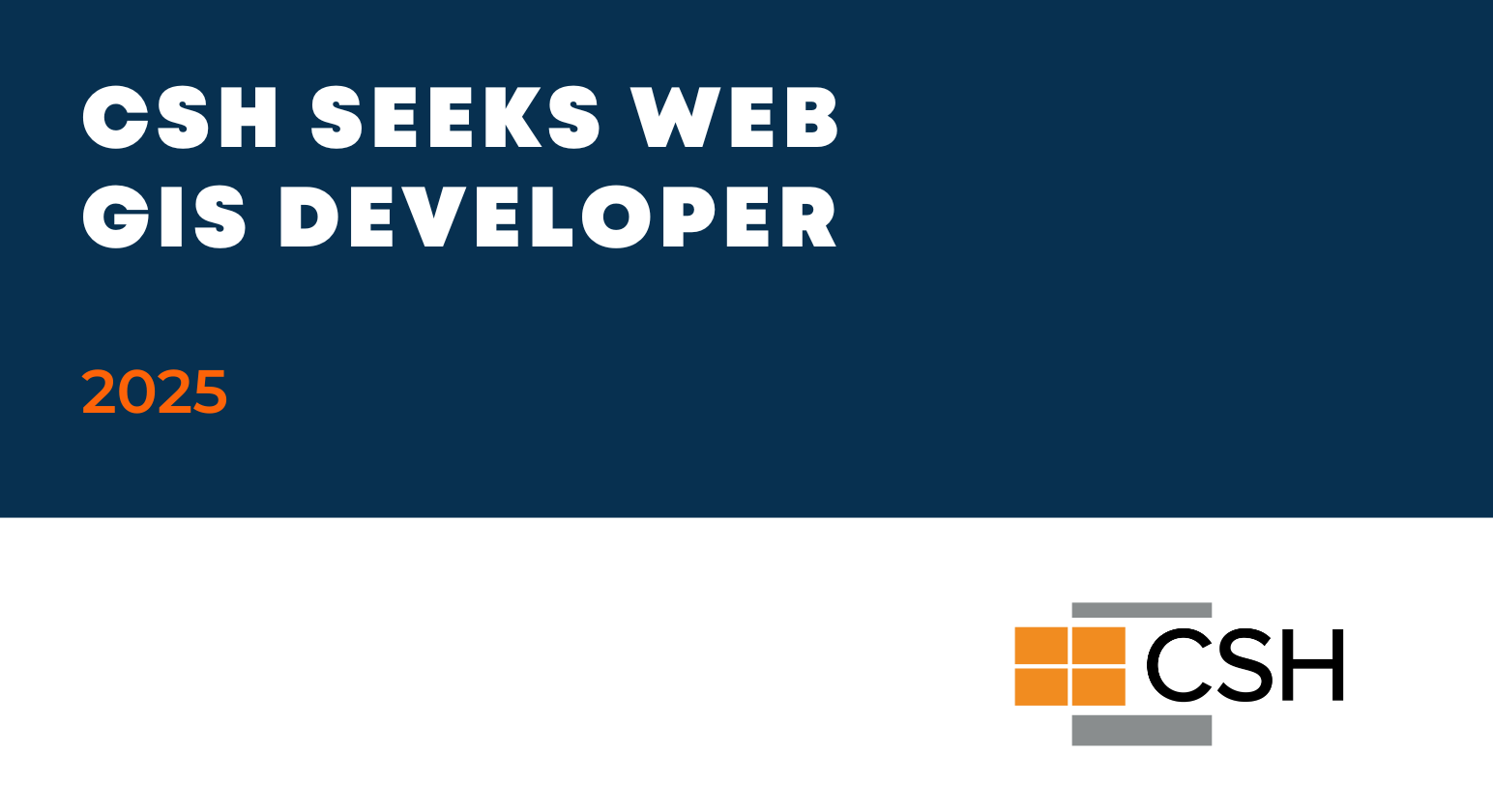RFP OVERVIEW
Corporation for Supportive Housing (“CSH”) seeks proposals from qualified consultants/firms to develop public-facing web-based interactive GIS data tools and data sets. Key activities to be undertaken include:
• Collecting and integrating diverse datasets related to housing, demographics, and socio-economic factors.
• Using GIS (Geographic Information Systems) to visualize and analyze spatial data.
• Creating interactive maps and dashboards that allow users to explore data in a user-friendly manner.
RFP Inquiries, Written Questions and Answers
Please send questions and requests for clarification about this RFP via email to
[email protected] with the subject line “CSH Web GIS Developer.” Kindly submit questions by Monday, May 12, 2025, at 5:00 p.m. ET. Proposals are due Friday, June 6, 2025.
Applicant Eligibility
CSH will consider consultants/firms submitting proposals that demonstrate the following:
Key Experiences
1. Web Development Projects: Proven experience in developing web applications, preferably with a focus on geospatial data. Provide at least five examples.
2. GIS Integration: Hands-on experience integrating GIS platforms (e.g., Esri ArcGIS, QGIS, Carto) into web applications.
3. Interactive Map Creation: Experience in creating interactive maps and data visualizations that allow users to explore geospatial data.
CSH RFP | Web GIS Developer 4
4. Cross-functional Collaboration: Ability to work with data analysts, urban planners, and other stakeholders to understand requirements and deliver solutions.
5. User-Centered Design: Experience in designing user-friendly interfaces and conducting user testing to ensure the tool meets user needs.
6. Project Management: Experience managing or contributing to projects with clear timelines and deliverables.
Technical Knowledge
Note that all data tools must be compatible with WordPress.
1. Web Development Languages: Proficiency in HTML, CSS, JavaScript, and frameworks like React or Angular.
2. GIS Technologies: Strong understanding of GIS platforms such as Esri ArcGIS, QGIS, and their APIs.
3. Data Integration: Ability to integrate various datasets (e.g., housing, demographics) into web applications.
4. Database Management: Knowledge of database systems (e.g., SQL, NoSQL, PostGIS) for storing and retrieving geospatial data.
5. Mapping Libraries: Familiarity with mapping libraries such as Leaflet, OpenLayers, or Mapbox.
6. Responsive Design: Skills in creating responsive web applications that work across different devices and screen sizes.
7. Version Control: Proficiency in using version control systems like Git for collaborative development.
8. Security Best Practices: Understanding of web security principles to protect user data and ensure secure access to the tool.

